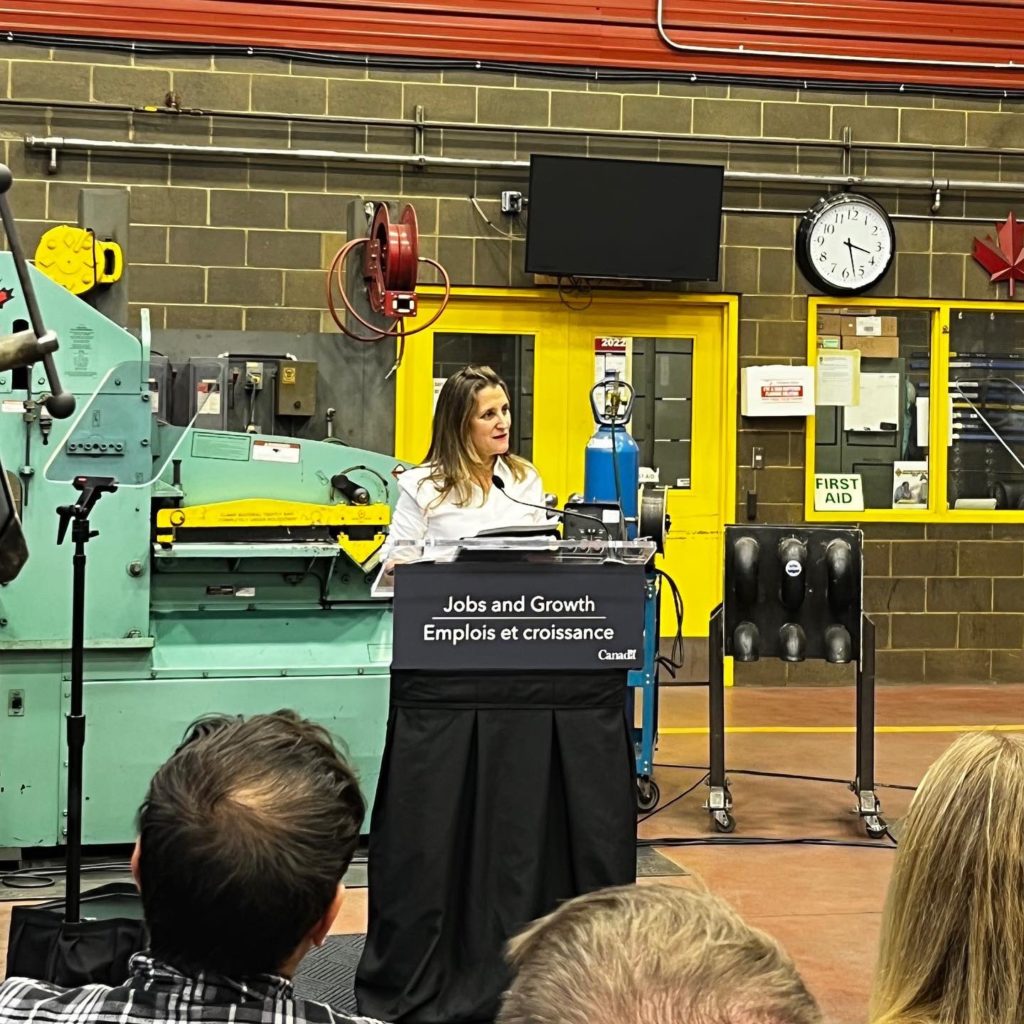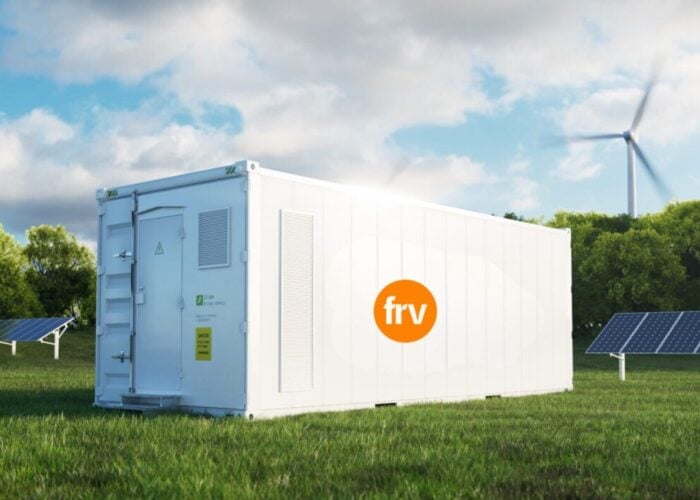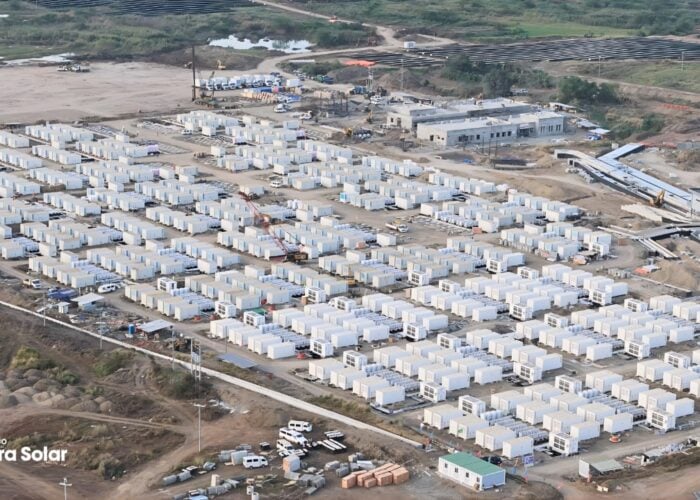
Canada’s government will introduce tax incentives for clean energy technologies, including solar PV, battery storage, and hydrogen.
Announced yesterday by Deputy Prime Minister Chrystia Freeland as part of Canada’s Fall Economic Statement 2022, the move has already been welcomed by renewable energy, energy storage and manufacturing trade groups.
Try Premium for just $1
- Full premium access for the first month at only $1
- Converts to an annual rate after 30 days unless cancelled
- Cancel anytime during the trial period
Premium Benefits
- Expert industry analysis and interviews
- Digital access to PV Tech Power journal
- Exclusive event discounts
Or get the full Premium subscription right away
Or continue reading this article for free
The government proposes to introduce a refundable tax credit equivalent to 30% of the cost of capital investment into electricity generation systems, stationary electricity storage systems, low-carbon heat equipment and industrial zero-emissions vehicles and related charging or refueling equipment. Projects that do not meet requirements on local labour conditions will get a 10% reduction in the minimum tax credit rate
A higher rate of investment tax credit, 40%, will be available for hydrogen projects that meet all eligibility requirements on carbon intensity, with incentives reducing as related carbon emissions go up. As with generation and storage, meeting labour conditions will be worth 10% of the credit.
“With major investment tax credits for clean technology and clean hydrogen, we will make it more attractive for businesses to invest in Canada to produce the energy that will power a net-zero global economy,” Freeland said.
The move comes close on the heels of the US’ Inflation Reduction Act (IRA), which introduced an investment tax credit for standalone energy storage projects, extended the existing solar PV ITC and wind production tax credits for 10 years and introduced incentives for manufacturing and hiring domestically.
Canada’s government has sought to close a competitive gap that the US’ IRA legislation’s US$369 billion of climate spending and investment looks set to open.
To read the full version of this story, visit Energy-Storage.news.






